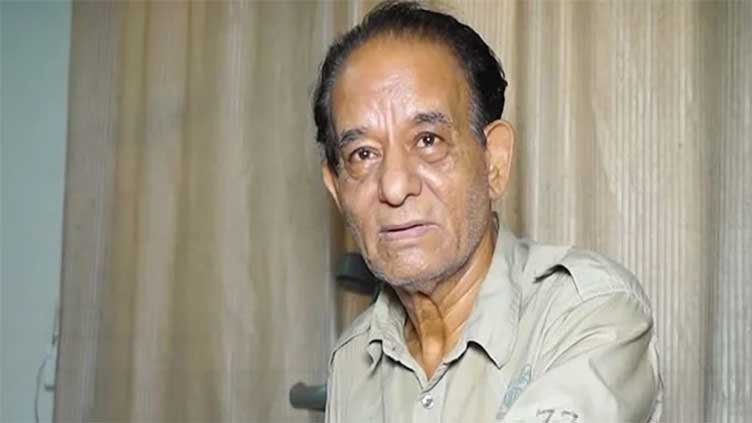A tale of pain from veteran actor Khawaja Saleem

Entertainment
I just need the money back from the tax I have paid for 45 years
(Web Desk) - Celebrated actor Khawaja Saleem has narrated his ordeal he is facing due to his disease and financial crisis.
Due to complications from diabetes, he developed gangrene in his foot, resulting in the amputation of his toes.
Currently, Khawaja is residing at his daughter’s house, having sold his own house, car, bikes, and even his acting awards.
This was the only way to cope with the financial strain brought on by his condition.
He revealed: “I do not need charity I swear. I just need the money back from the tax I have paid for 45 years.
“I get injections every day that cost Rs16,000. Two of my toes have been amputated. It cost 12 to 14 lakhs.”
Khawaja shared that despite his dire circumstances, no one came forward to offer assistance.
He said: “My electricity bill is Rs60,000. How do I pay that?”
In his prime, Khawaja Saleem was a prominent figure in the entertainment industry. He contributed significantly to its development and international reputation.
However, like many of his peers, he found little support once his career declined.
Khawaja’s plight has sparked conversations about the need for better support systems for artistes in Pakistan.
A user wrote: “The lack of institutional support and recognition for the contributions of artists is an evident issue that needs to be addressed to prevent similar situations in the future.”
Another added: “The story calls for urgent action from the government and cultural institutions to ensure that artists are not left to fend for themselves in their old age.
One said: “There should be a system that whenever their dramas are aired on TV or YouTube etc. they should get some royalty.”
Another commented: “Seniors are not treated nicely.
“They are the ones who deserve the most respect and comfort and they are the ones who suffer the most in old age because no one wants to see old people on screens.”


